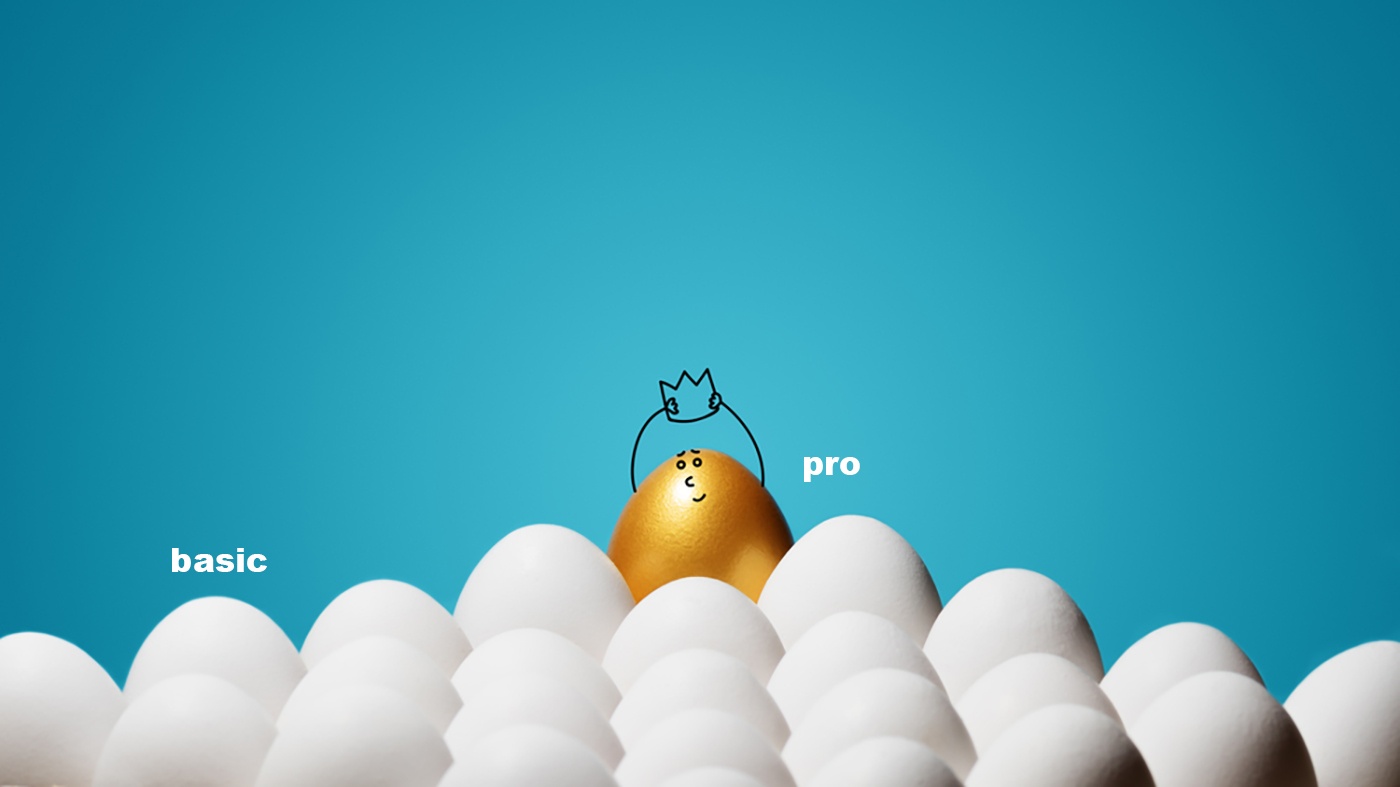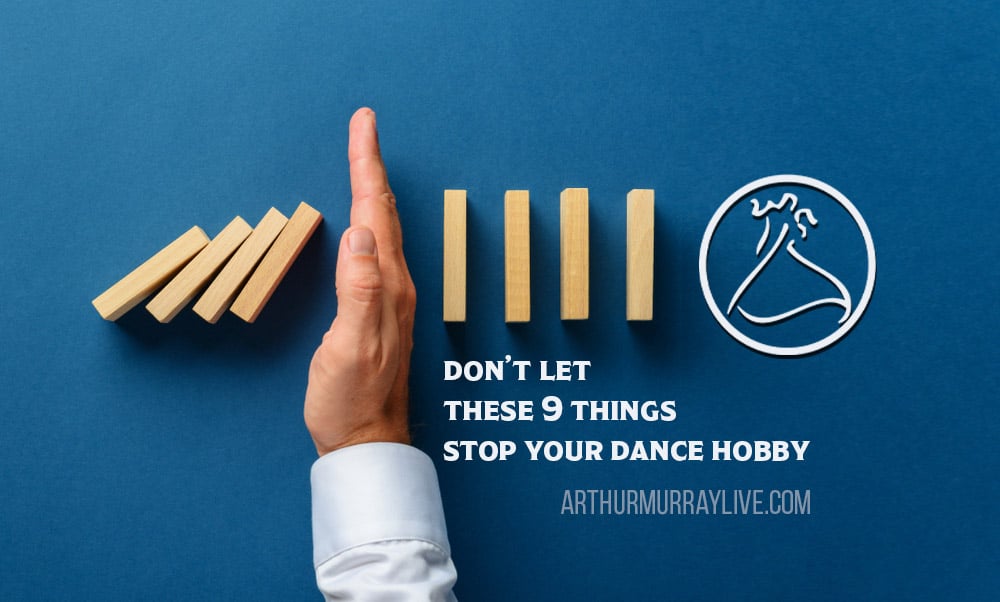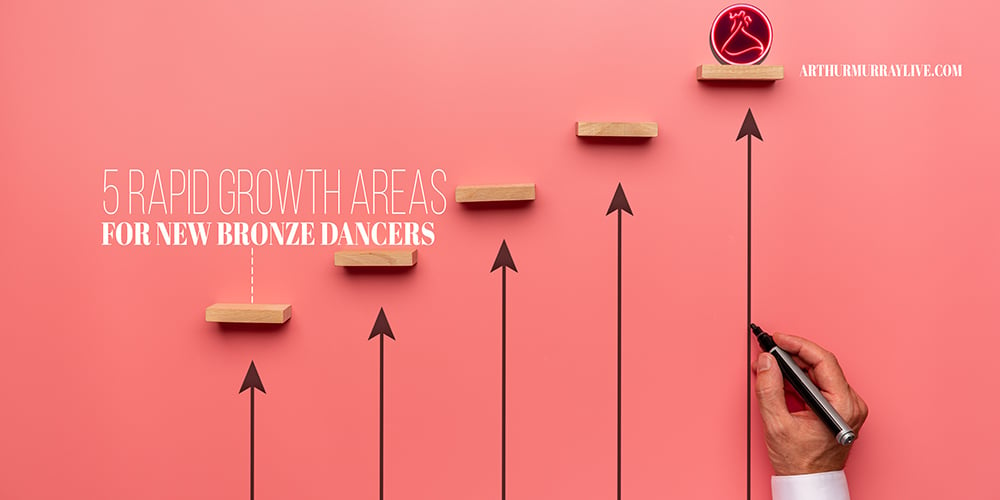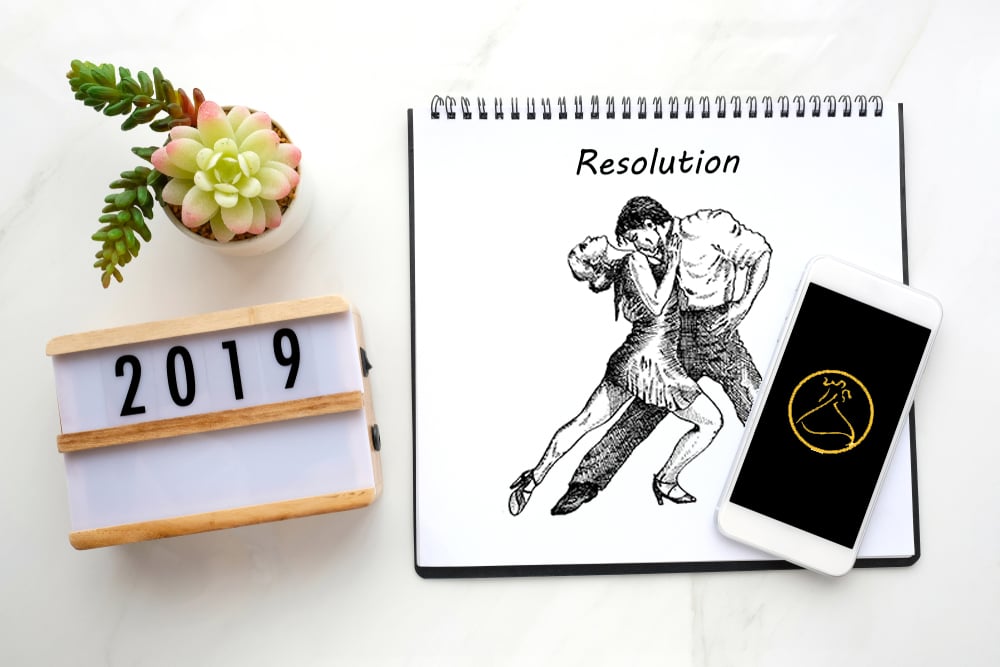Sometimes the barriers we experience are self-imposed.
For instance, somewhere in our history we began to believe that you were either a novice or an expert, casually interested or turning professional.
This invisible and unfortunate barrier halts the potential progress of many current dance students and it is, unequivocally, a myth.
As with any dance myth, we're going to peel back the layers, apply a heavy dose of logic, and eliminate the mystery.

Why You Don't Need to be a Professional Dancer
The Assumption: If you're really good, then you're really just try to go pro.
"Listen Mr. Teacher, we aren't trying to turn professional or anything, we just need the moves."
The Context
A quick disclaimer, this article isn't about actually turning into a professional instructor per se, instead, it's about the moment when your teacher is attempting to improve your dance skill, only to be rebuffed by the sentiment "... not trying to turn professional".
To get a better handle on this, let's look at some of the most common situations where this belief is likely to manifest.

1. While Adding Technique
A new golfer can rarely pick up a club for the first time and hit a 250 yard drive down the center of the fairway. It takes time and training on all the subtle nuances of the position of the body; where to place your hands, your feet, poise, etc.
For dancing, this is no different. Capable dancers are the product of lessons, not just a random decision to stand up and gyrate to the music.
Unfortunately, during the layer of instruction after basic foot placement is where this "not trying to be professional" moment can occur.
Bottom Line: The patterns are how you are introduced to a dance, technique is how you keep it forever.

2. While Adding Style
For some, adding anything stylish to their dance skill is like having a solid gold toilet: Impractical. Even the word "style" can conjure up images of the extreme costuming you might see on Dancing with the Stars, or Olympic Ice dancing.
 But in the words of Arthur Murray consultant, Bobby Gonzalez, "style is survival".
But in the words of Arthur Murray consultant, Bobby Gonzalez, "style is survival".
To clarify, that's not to say that "without style one can't survive", but instead it's that "all style has some type of survival aspect to it".
Bottom Line: So think of it like this. Style doesn't necessarily equal fluff. Fluff has no real importance to the practical application of your dancing, it's gratuitous. So let's take Mr. Gonzalez's message as this:
"Style is survival... and style is not fluff."

3. When Things Get Difficult
Imagine teaching a 16 year old how to drive a stick shift. It's clunky, consistently frustrating, and utilizes all of the available brain processing for something that looks much easier than it is.
Then, after the car stalls for the 3rd time, the kid turns to you and says, "I quit. I'm not trying to become a professional driver."
There's something hard-wired into our psychology that makes quitting an increasingly amenable option as the difficulty continues to rise (See: "Wiping the Monopoly board" and "throwing video game controller").
In her fantastic article in Psychology Today titled "Raising Quitters", Dr. Nancy Darling shares this sentiment, "If people believe that performance is due to effort, they will work harder when things get difficult... kids who believe that their performance is due to effort actively seek out harder tasks so that their abilities will continue to develop."
Bottom Line: Saying "not trying to be a professional" in this scenario is a less obvious version of waving the white flag. Rather than pursuing the challenge to acquire the skill, the use of our myth is a smokescreen to avoid an uncomfortable admission of needing assistance.
Final Thought
You want to learn how to dance, be good enough to use it from time to time, but don't want the added fluff that you might see on TV. Fortunately, your teachers have the same goal. In fact, there's an entire syllabus built for that specific purpose:
Bronze.
While every level can be dialed up, or down, in terms of style, technique, and flash, the Bronze is the level you're looking for. It's build to adapt to any social dancing environment. Think more blending in than clearing the dance floor. No one will get the false impression that you're attempting to become a professional, but if someone told you that, would that be the worst thing in the world?
If you're ready to take the first step towards dance skills, we recommend starting with a free private lesson. This way you can see why Arthur Murray is the studio and curriculum trusted by people, just like you, since 1912.
























